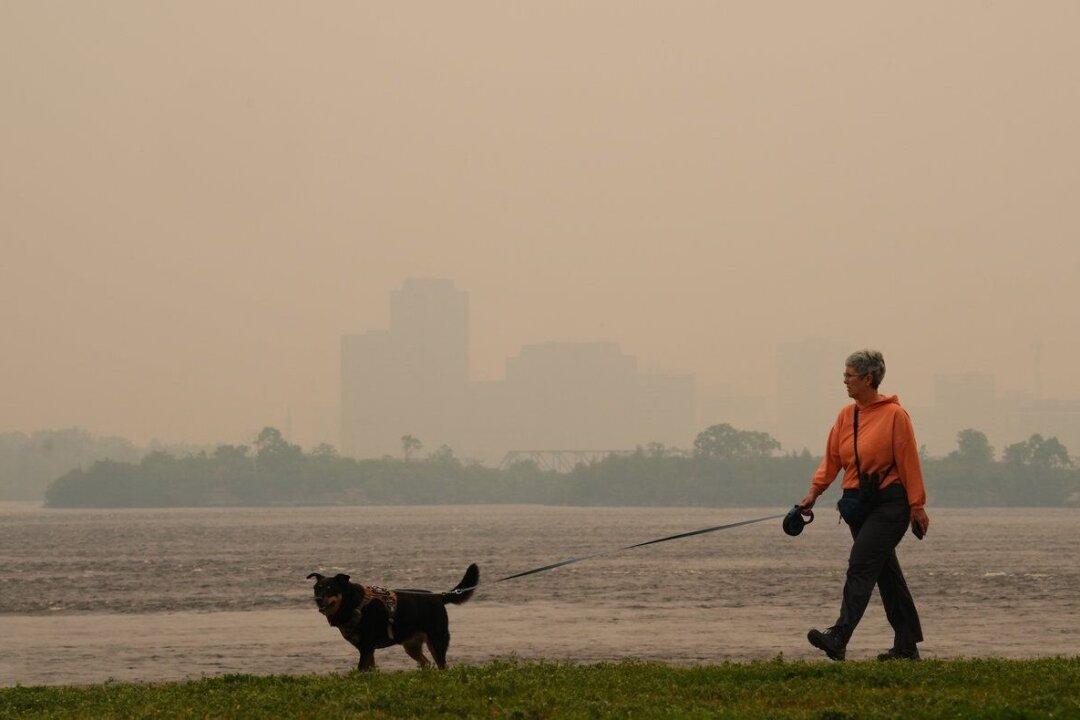The United States has offered to provide additional support to Canada to help it respond to the devastating wildfires that continue to rage across the country and affect air quality in eastern parts of the United States.
President Joe Biden offered Canadian Prime Minister Justin Trudeau the extra support during a phone call between the two leaders on June 7, according to a statement from the White House.




